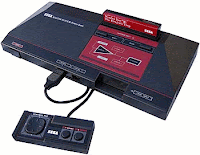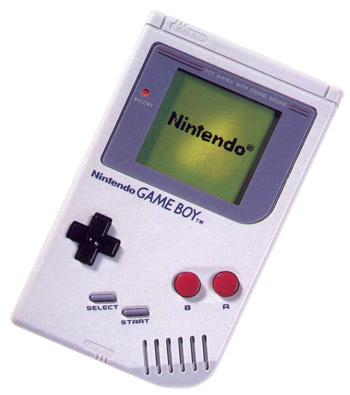The days of the old school arcade games. This was considered the golden age of video games. Arcade cabinets would sell thousands of cabinets, earning billions of dollars. Home consoles with rapidly increasing in technology with innovative games.
Games could be made by anyone as a hobby at the time and groups would gather to create much more ambitious games. PC games would follow soon after.
Many consoles in the 1980s would emerge into the scene. This included consoles such as:
The Commodore Vic 20 and 64
Sinclair ZX80/ZX81/ZX Spectrum
Atari 8-bit group
BBC Micro
Acorn Electron
Amstrad CPC
MSX series
The competition between the many consoles pushed the market further.
Another video game crash would soon follow towards the end of 1983 with several companies going bust. The crash of 1983 would be even worse than that of the crash in 1977. Causes of the crash could be that of poorly designed games from the game companies. Many would consider
During the 1980s, many innovative games would materialise, defining game genres of the future games such as The Legend of Zelda becoming an iconic game within the world of video games as one of the pioneers of the action adventure game genre as Resident Evil (and it's extremely cheesy and bad dialogue) is to the horror genre.
During 1983 and 1995, the 3rd generation of consoles would emerge into the homes of gamers.
 |
| Nintendo Entertainment System Nice original name |
Nintendo would give birth to one of the most recognisable consoles and character to even this day, The NES and Mario. Super Mario Bros which was bundled with the 8-bit NES would be an immediate hit and Nintendo would dominate Japan and North America. Because the NES would not be as successful in the rest of the world, this gave other consoles such as Sega's Master System and chance in other countries such as Europe, Australia and Brazil.
 |
| Sega Master System |
Game pads replaced joy sticks and keyboards as the standard controllers and would continue to do so even until the present day.
In 1989 the Gameboy would be born and start the trend of hand held gaming. The Gamegear would also emerge and rival the Gameboy. Handheld consoles have stayed popular even up to the present day.
 |
| Gameboy |
During the 1990s the graphics of games would improve at an impressive rate, shaping genres of the games we know today. Video games and consoles would turn into a big contender in the entertainment industry. Game companies would have a larger budget and would collaborate with other parts of the entertainment industry such as the music industry and film industry. This era was a very important time for video game history as almost all games nowadays are heavily influenced with the music and film industry.
Because it was much more affordable for gaming companies, many trends would continue and would advance tremendously in technology such as hand held gaming, leading onto innovative hand held consoles such as the DS with the touch screen and the PSP with it's multi functions and superb graphics for a hand held.
The development of games within the 1980s and 1990s were a very important time for the gaming industry. The success of arcade cabinets ultimately led to the popularity of having a console at home, effectively bringing the arcade experience and more at home. It really helped shape many game genres and the birth of many iconic games would influence games for a very long and still does to this very day. Getting involved with other industries was a very important move as it really improves the quality of the game and makes games that much better.
No comments:
Post a Comment